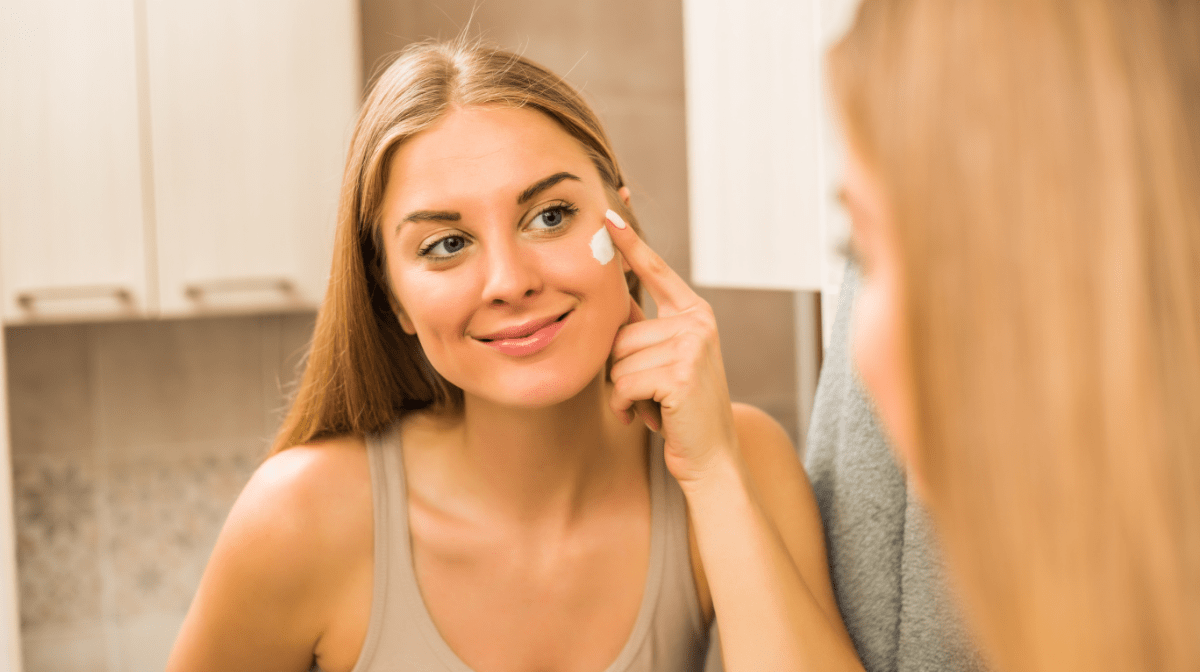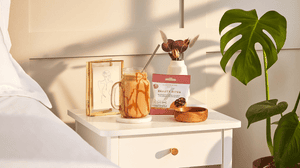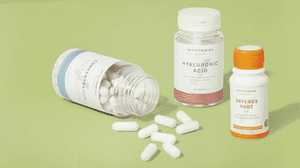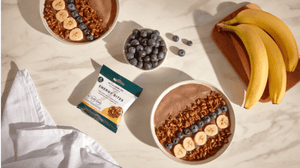
Here's Catherine Faraday, our qualified Nutritionist and Lifestyle Practitioner's guide to immunity, gut and skin health.
Can Our Immunity Affect Our Skin and Gut?
We all know immunity is important, but can it play a part in our skin and gut health? Yes, it can, and the three are more connected than you might think.
70% of our immune function is located within the gut, making the health of our digestive system especially important. But what about our skin? Well, the lymphatic system is a crucial part of the detoxification network in our bodies, and as a result, the skin plays an important role in protecting our immune system.
Want to know more? Read on for a guide to maintaining the health of your gut, skin and in turn, your immune system.
Why Is It So Important to Look After Your Skin?
Our skin immune cells are important for several areas of immunity, including inflammatory functions, immune response and wound healing. Most importantly, the gut and the skin microbiome are closely connected. This means people suffering with skin problems including eczema or rashes can often find that issues in the gut also need to be addressed.
How Can We Improve Our Skin Health?
1. Be Cautious of Chemicals
We absorb 60% of what we put on the skin, so it’s crucial to think twice about the creams we lather on every night. Avoiding harsh chemicals can support liver health by protecting the internal inflammatory and detoxification responses in the body. The liver is one of the body’s major detoxifiers. Therefore, an overload of toxins from our skin can lead to imbalances in the immune system, such as Psoriasis.
2. Change Your Diet
Our diet and lifestyle habits can affect our skin immunity. Introducing healthier foods to feed the gut microbiome can support the immune system. Eating a rainbow of vegetables each day and introducing fermented foods such as Sauerkraut, miso and bone broths will help to feed the microbiome.
Which Supplements Can Help?
Go With Your Gut Capsules
If we experience a skin flare up or a period of stress and anxiety, our immune system can become compromised. When this occurs, our body uses up more of the water-soluble vitamins and minerals that that we may ordinarily get from food. To support detoxification further, try Myvitamins Go With Your Gut Capsules. They’re formulated with a blend of healthy bacteria to support digestion.
Vitamin A
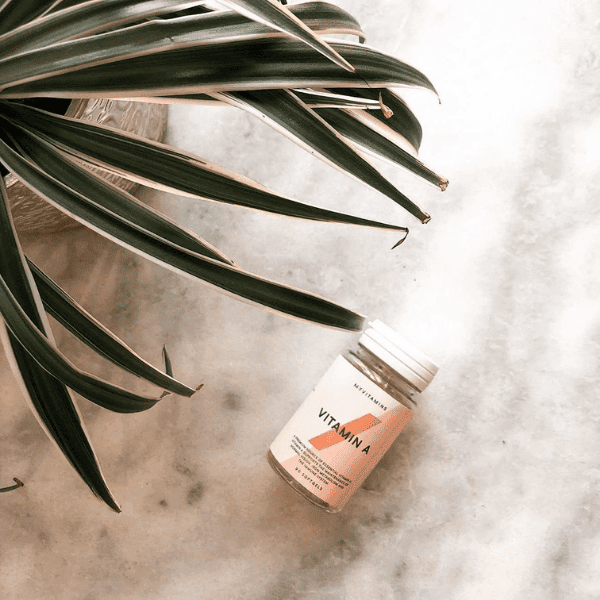
Other fat-soluble vitamins known to support your immune system and skin health include vitamin A. This vitamin is found in brightly coloured vegetables such as carrots, red and yellow peppers and sweet potatoes. To ensure your gut function is optimal and that you are absorbing nutrients from food, try Myvitamins Vitamin A Supplement.
Vitamin D, Zinc and Magnesium
Vitamin D3 and Zinc are also important for healing the gut. Ensuring that you have adequate levels of zinc and magnesium will help you to absorb vitamin D. Good dietary sources of zinc and magnesium include dark green leafy vegetables, nuts and seeds.
For times when you might need additional vitamin D, such as during periods of stress, try Myvitamins Vitamin D3 Softgels.
Vitamin C
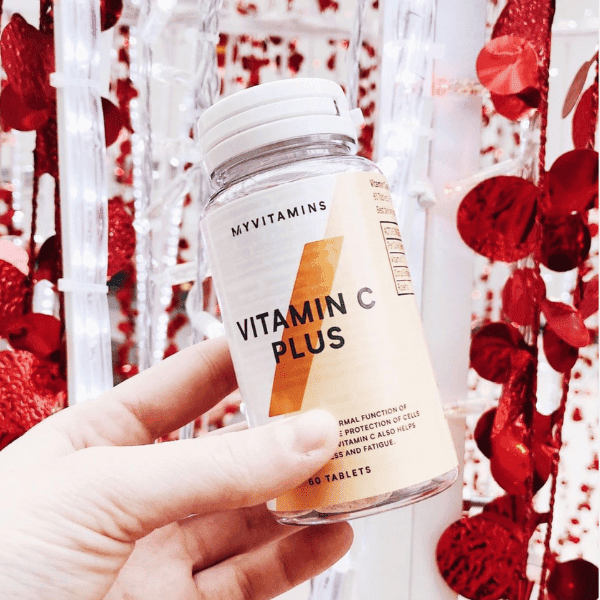
To further support your skin immune heath, help us fight off those bugs and promote collagen function, try vitamin C. Its antioxidant properties can be found in fruit, but even more so in dark green leafy vegetables. Vitamin C is excreted easily through urine, so trying a supplement can support your levels further.
So, our gut, skin and immune health are all closely linked. Avoiding skincare products containing harsh chemicals and eating a diet rich in fruits and vegetables can protect our immune system and support the health of our skin and gut.
Vitamins and minerals including vitamin A, zinc, magnesium and vitamin C are all crucial in maintaining immune health. If your levels of these are low, supplements can help. To see the full range of Myvitamins products, click here.

